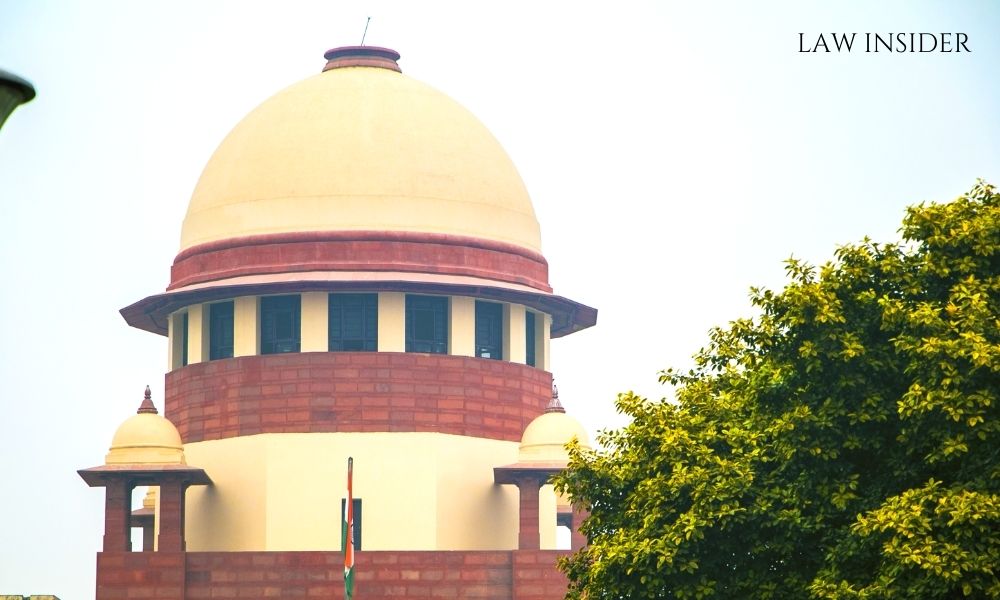LI Network
Published on: October 11, 2023 at 13:50 IST
The Supreme Court of India underscored the sacred nature of marriage in Indian society, emphasizing that divorce on the grounds of “irretrievable breakdown of marriage” should be approached with great care and caution.
The Court clarified that it can exercise its discretion under Article 142 of the Constitution of India to dissolve a marriage, even when one of the spouses opposes divorce, but such discretion should be exercised judiciously.
The case in question involved a husband, approximately 89 years old, seeking a divorce from his wife, who was around 82 years old. The wife expressed her desire to continue the marriage, and the Court declined to grant the divorce.
The Court’s judgment acknowledged the significance of the institution of marriage, considering it a pious and spiritual union in Indian society. It stressed that while divorce proceedings are on the rise, marriage still holds a vital place and plays an invaluable role in the emotional lives of husbands and wives.
The Court stated that the institution of marriage is not only governed by legal provisions but also by societal norms, as numerous other relationships derive from and thrive on matrimonial relationships.
The Court cautioned against applying the concept of “irretrievable breakdown of marriage” as a rigid formula for granting divorce under Article 142 of the Constitution of India, emphasizing that each case should be considered individually. It questioned whether an “irretrievable breakdown of marriage” should lead to dissolution when it is not a ground for divorce under the Hindu Marriage Act of 1955.
The Court referred to a recent Constitution Bench decision, Shilpa Shailesh vs. Varun Sreenivasan, which emphasized the need to exercise the discretionary power under Article 142 with great care and caution in order to achieve complete justice.
The Court noted that it can deviate from established procedures and laws to dissolve a marriage by balancing the equities between the parties when exercising this discretion.
In the case at hand, the Court denied the divorce decree since the wife had expressed her willingness to continue caring for her husband and did not wish to bear the label of a “divorced woman.”
The Court recognized the wife’s longstanding commitment to the marriage and her willingness to provide care despite the husband’s hostility. Granting a divorce in this situation, the Court argued, would cause injustice to the wife.
The Court concluded that dissolving the marriage under Article 142 based on the grounds of an irretrievable breakdown would not serve complete justice and would, in fact, be an injustice to the wife.
The judgment highlights the importance of considering individual circumstances and sentiments when determining divorce cases.
Case Title: Dr. Nirmal Singh Panesar V. Mrs. Paramjit Kaur Panesar @ Ajinder Kaur Panesar

